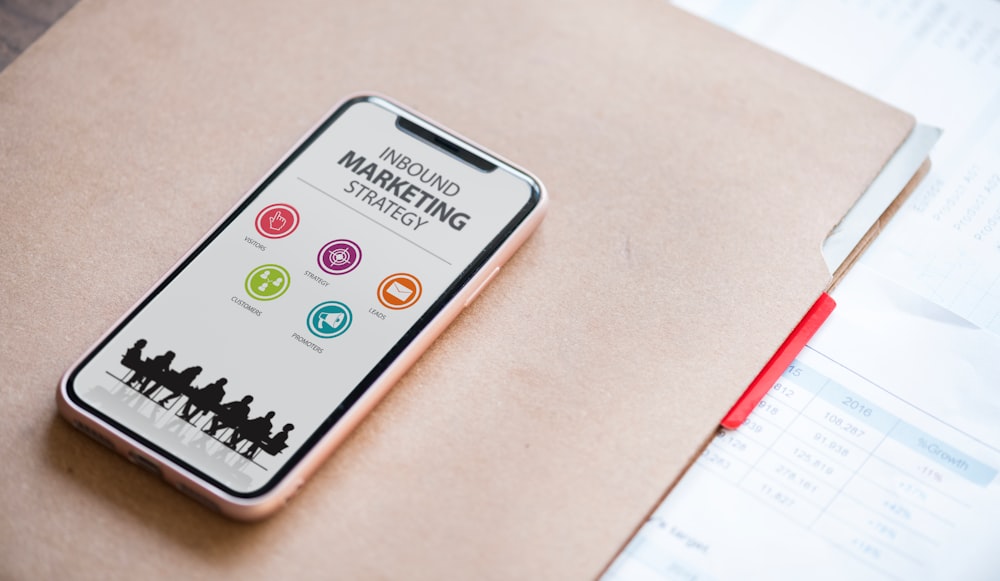We’ve discussed Artificial Intelligence (AI) in the context of multiple industries from HR, to robotics and so on, but the technology is now a part of almost every single industry. From self-driven cars, phones that can book your next appointment and mobile apps that learn your preferences – these are simple examples of Artificial Intelligence (AI) in our day-to-day life.
One industry that is being impacted heavily by AI is marketing and more specifically, marketing automation. Now there are numerous marketing platforms that come with the promise of AI. However, rather than look at the potential, we look at how AI is changing the industry right now.
Read how Kobe Global Technologies is disrupting influencer management
Driving conversions at a better rate
For startups looking to grow market share or build online communities, it is crucial to engage and communicate with potential customers or users. However, brands can send them a lot of useless information or unrelated marketing collateral, which doesn’t convert. Artificial intelligence can help segment and identify audiences far more effectively than traditional methods.
Facebook’s Dynamic Ads and Google’s Dynamic Search Ads both use AI to help marketers personalize ads at-scale for large target audiences across multiple markets if necessary.
Read why startups get digital marketing wrong
Expand your relevant reach
In line with point one, one of the most widespread applications of AI is to help bring relevant visitors to your website or app. MAI empowers marketers to identify and engage users who are a closer match to their buyer profiles.
For example, LinkedIn’s AI-powered feed, enables the platform to understand a user’s interest through past interactions with specific topics and brand associations, which allows them to customise the experience by providing relevant content for every user.
Making the user experience seamless
The line between online and offline marketing barely exists with the digital world highly connected to your offline experience. Therefore, it is essential to offer a seamless experience so users driven from online to offline are not turned away at the conversion point.
AI can help build an engaging and personalized user experience that spans across your multiple channels including in-store experience. Many brands are incorporating AI solutions into offline activities to create better experiential experiences for retail outlets, pop-up stores and so on. This includes vending machines or POS systems attached to user profiles that can customise a user’s experience in terms of payment options.
Bringing back users to your brand
Buying mobile downloads is commonplace, but the challenges in engaging and retaining users are actually more daunting. AI is looking to solve these issues by offering personalised recommendations and human-like engagement that bring users back to the app. Marketing automation tools can help brands reach app users outside the app and engage them with personalized offers.
…..
Marketing automation enables marketers to engage customers and deliver relevant experiences. We are at the stage of ‘disruption’ in marketing and it has been going along steadily and quite successfully for some time.
Right now, we are gradually seeing the total change in how marketing to consumers is evolving. It is exciting and challenging for those in the industry.


